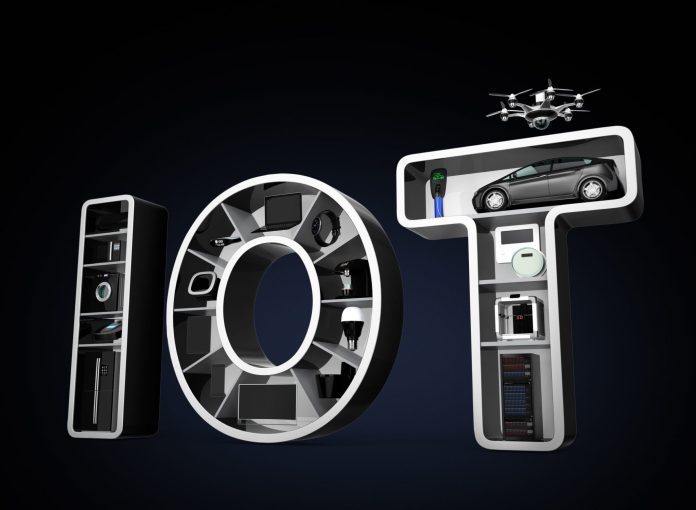Under the agreement, customers of the two telcos will be able to access IoT services in the Netherlands and China
Dutch telco KPN and China Unicom have reached a partnership agreement to share their internet of things (IoT) networks. Through this agreement KPN’s local and international customers will be able to access the Chinese IoT market, while China Unicom customers can enter the European IoT market.
KPN and China Unicom said they will utilize SIMs based on the GSMA standard for remotely provisionable SIMs, which allows IoT-devices to switch to a provider and become a local subscription.
Customers can distribute their products and services in Europe or China using single global SIM. When their devices enter Europe, the SIM card will switch to the KPN network in the Netherlands and benefit from the KPN roaming coverage in Europe and vice versa in China.
“This agreement will enable our customers to become global IoT players, since we are able to handle international requests quickly and easily. We are constantly looking for strong partnerships and have found a trusted partner in China Unicom,” KPN IoT’s managing director Carolien Nijhuis, said.
“China Unicom will be able to provide a global IoT solution partnering with KPN. With this solution we are offering ‘one SIM, one portal, one experience’ to our customers. The partnership between China Unicom and KPN will enable Chinese and European enterprise customers to bridge the digital gap between global IoT deployments,” Chen Xiaotian, general manager, China Unicom IoT business unit, said.
IoT customers of KPN and China Unicom can track their entire distribution through the unified IoT connectivity management portal. The first customers will start using the service at the end of 2017, the two companies said.
Deutsche Telekom expands smart home product through new partnership
In related news, Deutsche Telekom has teamed up with a German insurer to add new safety features to its smart home service and to offer a new cyber insurance package.
The partnership with Ergo will allow the telco to expand its Magenta SmartHome product, which allows users to manage a range of connected devices including alarms and motion detectors, with emergency support.
When sensors detect a hazard, such as smoke or an intrusion, they will automatically transmit an alarm to the Ergo Emergency Service if the occupant doesn’t respond to an initial notification.
The partnership with Ergo will also allow Deutsche Telekom to add cyber insurance to its Computerhilfe Plus product, which offers network and data security for the home.
Users will be able to protect themselves against financial losses from cyberattacks thank to the insurance feature, which is expected to be available from the beginning of 2018.

